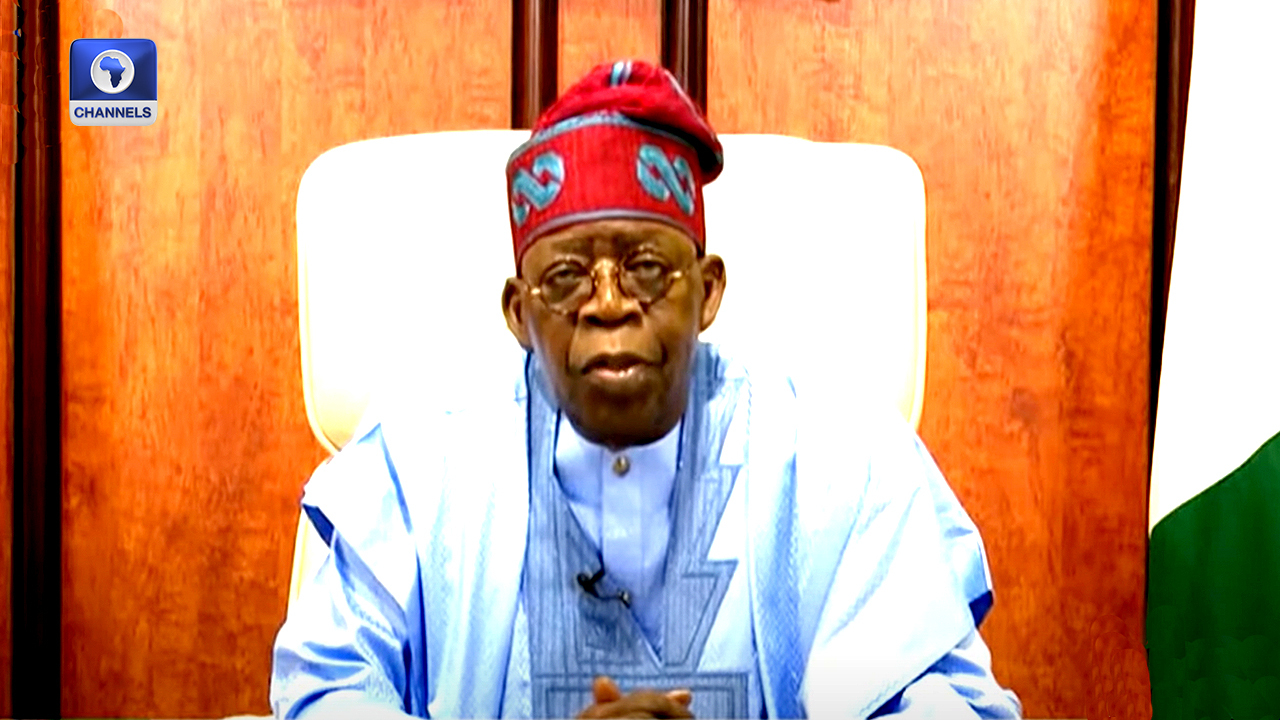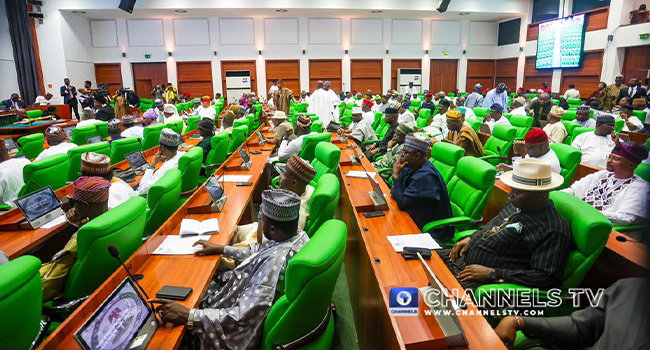Minister of Education, Adamu Adamu, was mandated by President Muhammadu Buhari to “solve” the Academic Staff of Nigerian Universities, ASUU, crisis within two weeks. When the period expired, Adamu denied being given an ultimatum, and asked university students to “sue” their lecturers over the seven month-old strike.
Adamu’s suggestion, which had sounded comical then, has become the order of the day. The Federal Government, through the Ministry of Labour and Employment, has dragged ASUU before the National Industrial Court of Nigeria, NICN. It seeks, among other reliefs, for the Court to compel ASUU to resume work while it (the NICN) is looking into the dispute in line with Section 18 (I) (b) of the TDA Cap T8. LFN 2004.
In a counter-measure, foremost social advocacy group, the Social and Economic Rights and Accountability Project, SERAP, along with five university students, has sued President Buhari, asking the court to “declare unlawful the refusal by the Federal Government to meet ASUU’s demands, which has occasioned the prolonged strike action and violated the students’ right to quality education”.
We see these resorts to legal actions as unnecessary and journeys to nowhere. They are mere delay tactics which will only further prolong the strike after a seven month-impasse. The lecturers went on strike because the Federal Government failed to honour its Memorandum of Understanding, MoU, and Memorandum of Action, MoA, which it signed with ASUU. Even if government obtains a favourable verdict, how would that compel unwilling teachers to return to work while their demands are not met?
Conversely, even if SERAP and the students get the reliefs they seek, how will that force the Federal Government to have the money they claim not to have? How will it resolve the dispute over the payment system? The courts can only lead these obstinate parties to the stream but cannot force them to drink.
We still believe there is no substitute for a negotiated and amicable settlement of this dispute. This case is unwinnable by any side. What is required at this moment is not ego or blame game. This dispute can only be resolved by give and take, provided that the Federal Government is willing to turn a new leaf from its age-old penchant to dishonour agreements signed by it.
ASUU’s main grouse or fear is that government only wants it to return to the classroom to, as usual, back out of any deal struck. The Federal Government is the primary offender here. If it had committed to solving the 13-year-old ASUU conundrum, it would have done so, or at least show by concrete example, the commitment to do so.
We hold the Federal Government accountable to lead efforts to end this ASUU strike. The buck stops on Buhari’s table.







